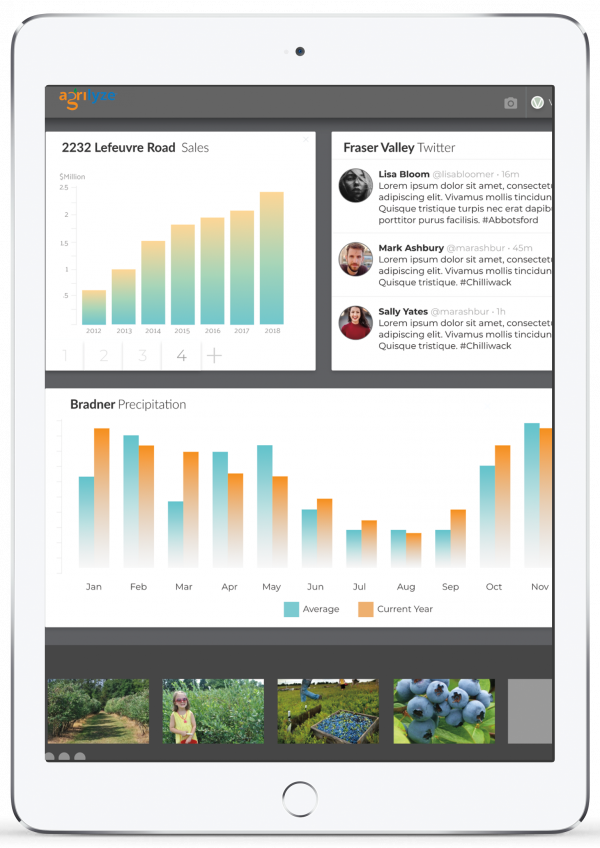Agrilyze is at the forefront of addressing the top needs of dairy farmers by improving processes using satellite imagery, AI and machine learning technologies for monitoring, detection, analysis, and prediction.
Maximizing Data for the Future of Farming
Smart tools and modern technologies that can positively impact our economy and environment.
Overview
Introduction
The agriculture industry is shifting its strategies and systems. No longer powered by seeds or diesel, this new revolution is all about data. This paradigm shift demands new skills, increased human resources and capital, and ultimately smart tools and modern technologies that can positively impact our economy and the environment. With the rise of global issues like feeding a growing population and climate change, Agrilyze can help consultants and farmers adapt their production practices, reducing the impact on natural ecosystems while optimizing inputs to boost yields.
As the world’s population grows, we must meet the growing demand for food worldwide; bottom line, this creates a drastic need to “do more with less”. While this will occur mostly in developing countries, urbanization will increase, and so will income levels. Food production will need to increase by 70%, and the only way this can happen is through technology. Amid a challenging landscape, we must repeatedly remind ourselves of our goal – we love and dedicate our work to understand the industry better, support our communities, and provide good, clean and healthy food to all. By taking a holistic approach, we can begin to understand our role as farmers and continue to make a difference in peoples’ lives.
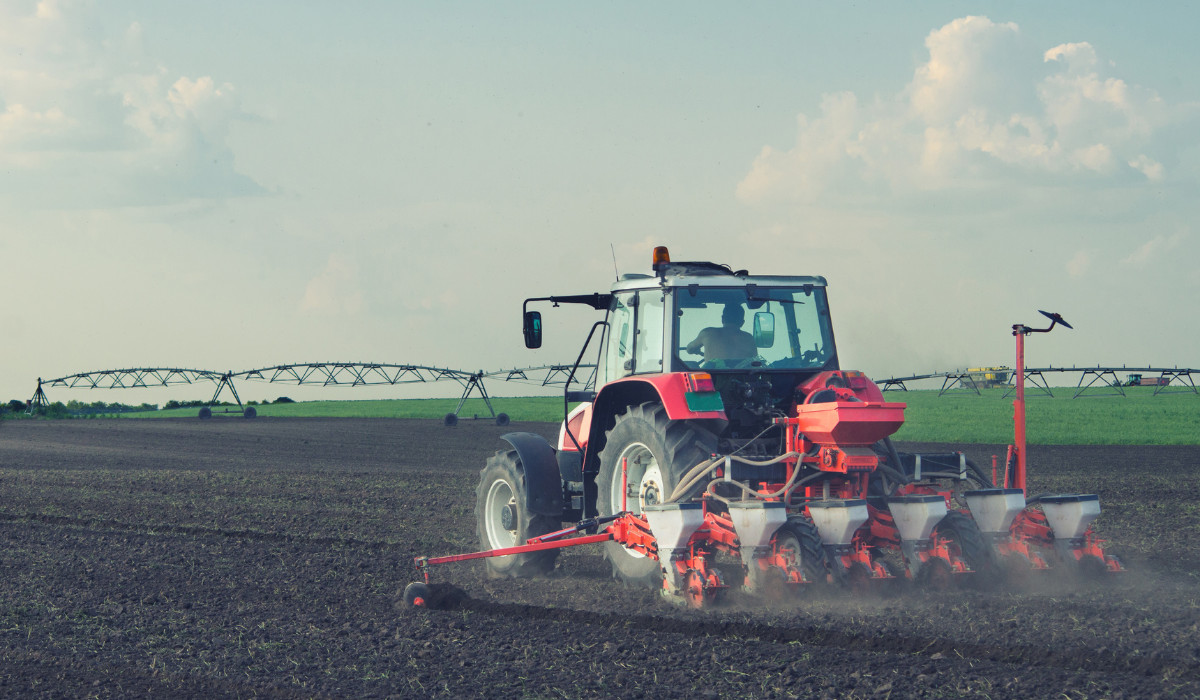
A New Approach
How Can We Make a Change?
Human Resources
The agriculture industry in Canada faces many unique challenges that could impact its growth potential and contribution to the Canadian economy. Jobs are going unfilled, with a projected shortage of 123,000 agricultural workers by 2030. And according to a recent study, by 2025, one in four Canadian farmers will be 65 or older, which means that over 37% of the agricultural workforce will be set to retire in the next ten years. These challenges translate to labour shortages and a need to rely on foreign workers.
With the intensification of labour issues in the agriculture industry, more pressure has been placed on supply-managed commodities like dairy and poultry and egg. It is becoming more difficult to find people with the right skill set, plus we need to leverage trained consultants to provide expertise. Furthermore, there has been a shift in the type of skills required on a farm. The demand is increasing for workers with highly technical and advanced skills. Luckily, students in ag programs have increased over the past ten years by 21%, and more farmers under the age of 40 are using technology on the farm. Looking to the future, we must combine innovation, skills, data and diversity to arm future generations with the knowledge and insight to run their operations more efficiently and with resiliency.
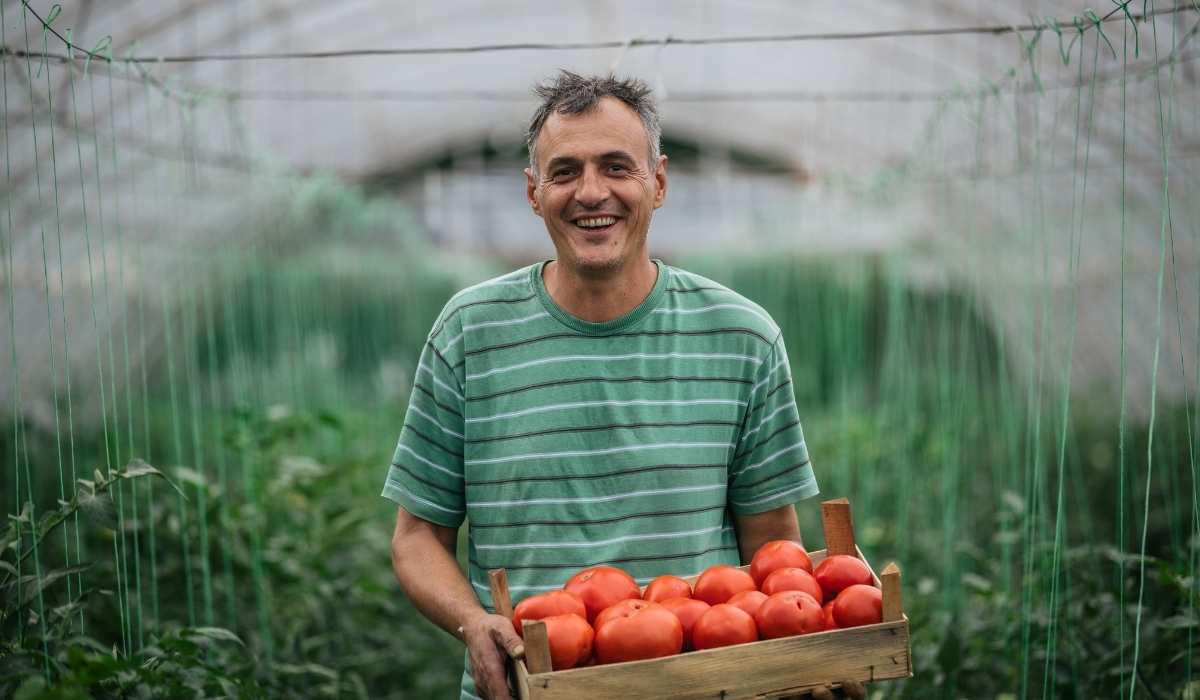
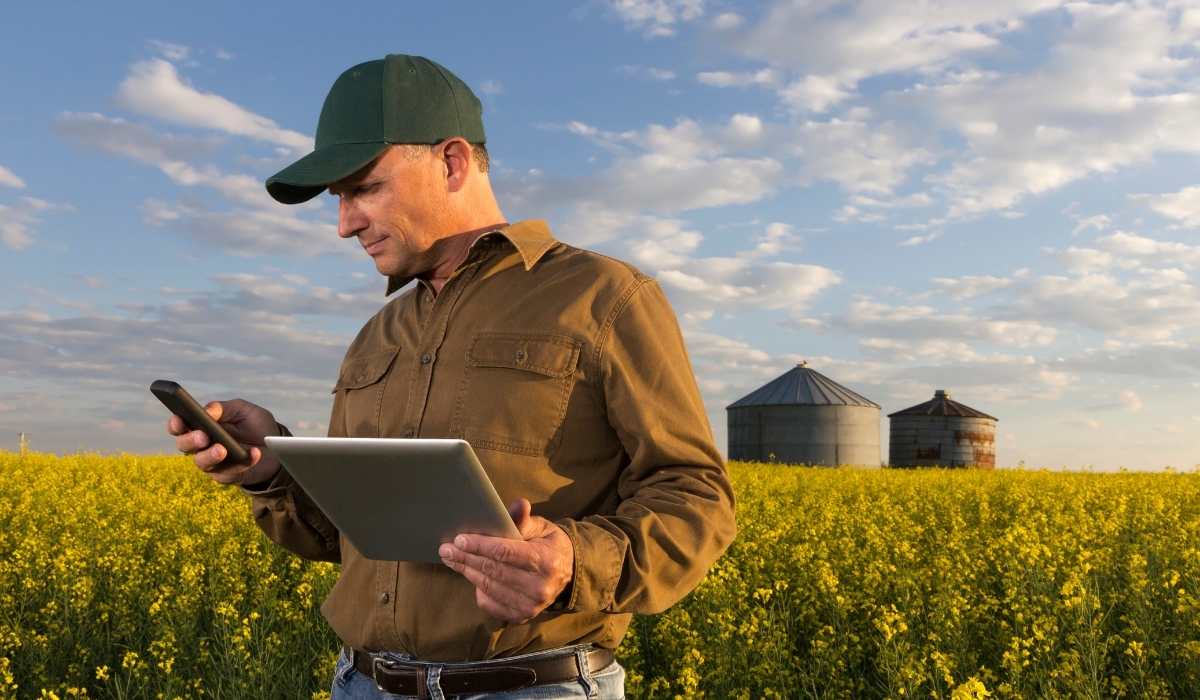
Technology
With the requirement of new skills comes a need for new technology. A major challenge? The world has to produce 70% more food by 2050, and the only way to meet this challenge head-on is to employ the latest technologies that will allow farms to “do more with less”, in other words, use less energy, fertilizers and pesticides to lower GHGs emissions and cope with climate change. Advancements in technology can enable businesses to become more efficient, profitable, safer and environmentally friendly.
As we replace hard physical labour with technical expertise, we will transform what we do and how we do it, thereby increasing productivity. This continuous and incremental approach to applying technology in our industry will integrate various systems, including finance, engineering, and environmentalism. To deal with barriers (capital, skills, size, age), we will need to develop tools that focus on digital data collection. Agrilyze uses spatial technologies and AI that produce visual representations of data while performing analyses to help farmers make more informed decisions. Our technology uses hardware, software, and big data that hold great power in its ability to analyze multiple layers of information or variables. A farmer can use such tools to explore various factors such as soil type, topography and even drainage planning. Furthermore, farmers can monitor crop health, the estimated yields from a given field and maximize crop production.
Capital
Canadian farms carry substantial capital wealth; however, with steep operating and asset-servicing costs, it becomes more challenging to innovate and compete in a new economy that thrives on new technologies and skills. Investing in innovation is a priority for many business owners as capital intensity can restrict young, Indigenous and new Canadians from thinking about a career in agriculture. We must leverage technology by removing traditional barriers and setting heavy priority on providing access to financial resources. Management and efficiency are also essential as we aim to build sustainable businesses that support growth, change, and real and sustainable technology solutions for a better planet.
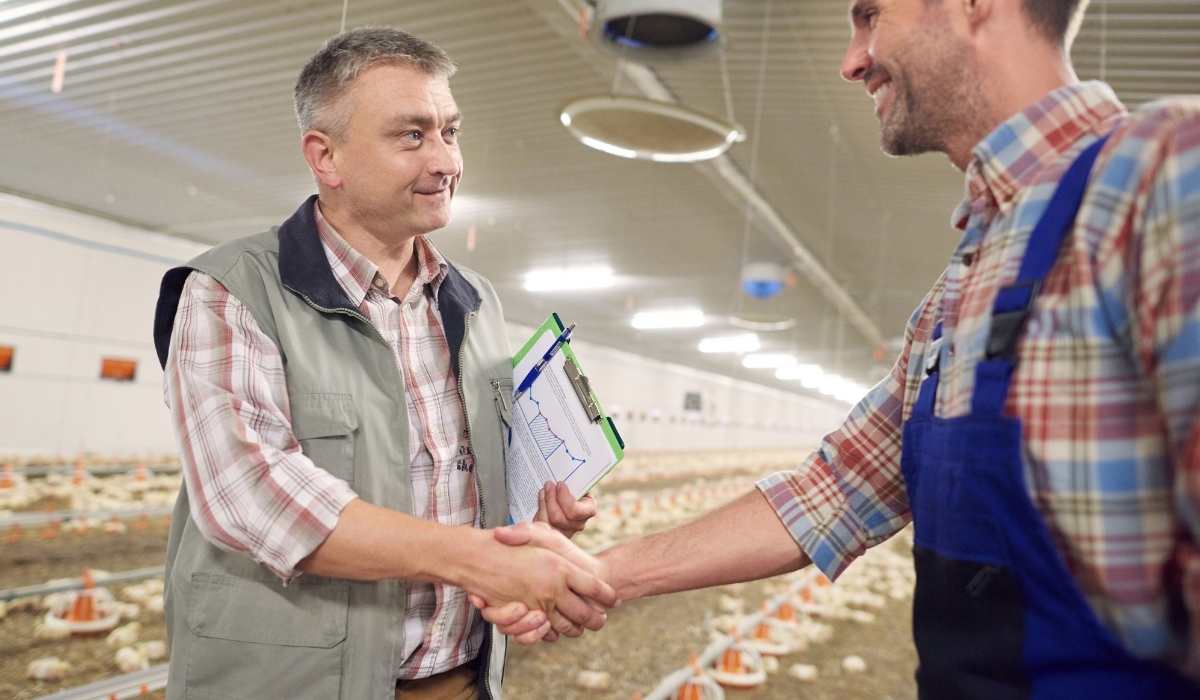
Equipped for the Future
